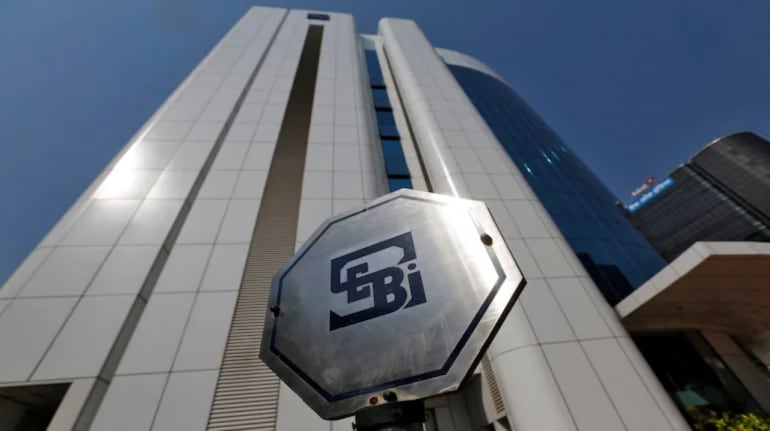



Markets regulator Securities and Exchange Board of India (Sebi) has started asking IPO-bound companies to remove private equity or venture capital (PE/VC) shareholders, and other shareholders who intend to sell their shares, from the decision making process of pricing of the IPO, sources aware of the regulator’s move told Moneycontrol.
The sources added that Sebi’s rationale for this move is to reduce the undue influence these so-called “selling shareholders” can have on the pricing of the IPO and thus, the performance of the IPO.
The regulator is of the opinion that such shareholders/investors may prioritise the maximisation of their return on investment, by pushing for a higher price band. This could impact the broader interest of the IPO-bound company or interests of the new incoming investors, who are looking to subscribe to the IPO.
Sebi has recently made such comments on Draft Red Herring Prospectus (DRHP) where it has found that the offer document allowed such selling shareholders a place at the IPO price decision making table, sources said. To be sure, a selling shareholder can be any shareholder who intends to sell his or her shares in the IPO, who holds a minority stake in the company and is not identified as a part of the promoter group. This does not necessarily mean only a private equity or venture capital investor.
Also Read: $10 bn of equity to be raised from IPO market in next 1-2 years: Kotak Investment Banking
This latest action follows several other such measures taken by Sebi in recent times to bring more transparency into IPO pricing. Most IPOs these days have an offer for sale component involving large sums of secondary share sale by existing shareholders of companies, who are private equity or venture capital funds in most cases. The move also comes when the Indian primary markets are seeing their busiest time ever with multiple IPOs hitting the market every week.
Apart from the pricing of the issue, Sebi has also expressed its unhappiness with such “selling shareholders” being consulted in the allocation of shares to institutional investors.
Every IPO in India has three categories of investors - qualified institutional buyers (QIB), HNI investors and retail investors. A large chunk (60 percent) of the QIB portion is allocated as anchor book allotment, which is allocated to investors on a discretionary basis.
For example, in one instance, Sebi observed that merchant bankers are advised to ensure that selling shareholders , including the membership of nominee directors of selling shareholders in the IPO committee, should not be involved in determination of price and allocation of equity shares in relation to the IPO, directly or indirectly.
The regulator further asked merchant bankers to delete a reference to "selling shareholders" in the determination of allocation of the QIB portion to anchor investors.
A moneycontrol analysis shows that such language allowing `selling shareholders’ the right to be part of the decision making process of IPO pricing appears in the draft prospectus of some new age technology companies such as Ola Electric and FirstCry.
The Ola Electric draft prospectus, on its front page, states that the floor price and cap price as well as the final offer price will be determined by the company and its “selling shareholders” in consultation with its merchant bankers.
Investors who propose to sell shares in Ola Electric IPO include Tiger Global, Temasek, Matrix Partners and Softbank Vision Fund amongst others.
Similarly, the FirstCry DRHP states that the floor price, cap price and the offer price will be determined and justified by the company and the shareholders IPO committee, in consultation with the merchant bankers.
Selling shareholders in the proposed FirstCry IPO include Softbank Vision Fund, Premji Invest, TPG Growth and NewQuest.
Moneycontrol could not ascertain if Sebi has issued such observations to these companies.
An email sent to Sebi did not elicit a response.
“Sebi’s ICDR (Issue of Capital and Disclosure Requirements) regulations only allows these items to be determined by the issuer in consultation with merchant bankers,” said a capital markets lawyer, speaking on condition of anonymity.
“Basically, they don't want selling shareholders to unduly influence the price band, given that they have a vested interest in maximising their returns,” he added.
Discover the latest Business News, Sensex, and Nifty updates. Obtain Personal Finance insights, tax queries, and expert opinions on Moneycontrol or download the Moneycontrol App to stay updated!
Find the best of Al News in one place, specially curated for you every weekend.
Stay on top of the latest tech trends and biggest startup news.